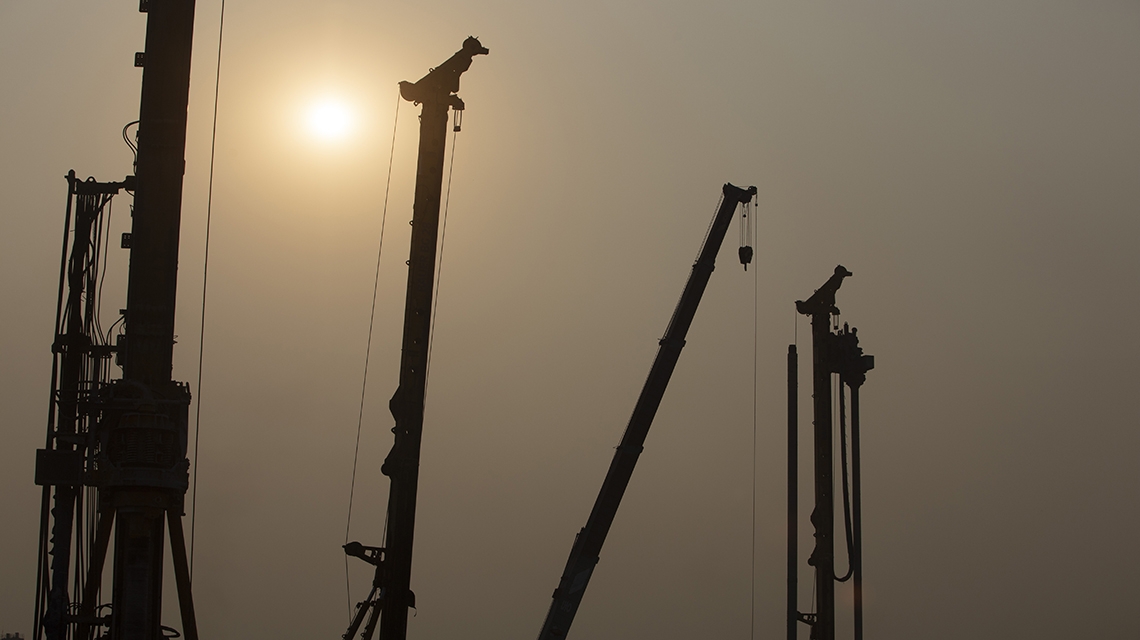Dhaka and Rooppur, Bangladesh — As 2019 starts, authorities in Bangladesh have presented in Vienna this week their progress towards nuclear power at a
Technical Meeting on Topical Issues in the Development of Nuclear Power Infrastructure, with more than one hundred participants from 40 IAEA Member States.
This country of 160 million plans to produce 9% of its electricity
from nuclear power and reduce its dependence on fossil fuels by the
middle of the next decade when both reactors of the new power plant will
have gone into operation.
“By 2040 we estimate that Bangladesh will need to generate about 78
000 megawatt of electricity in a high-demand scenario and about 69 000
in a low one, and nuclear power will play a significant role,” said
Mohammad Shawkat Akbar, Project Director of the nuclear power plant
construction project and Managing Director of Nuclear Power Plant
Company Bangladesh Limited, an enterprise of the Bangladesh Atomic
Energy Commission (BAEC).
This, Akbar said, is according to the revised Power System Master
Plan for Bangladesh from 2016. “We are confident that the first unit
will be commissioned in 2023 and the second in 2024,” he said.
The plant, being built in Rooppur, about 160 kilometers northwest of
the capital, will have the capacity to generate 2400 megawatts of
electricity.
The construction project is being implemented by a subsidiary of
Russia’s State Atomic Energy Corporation ROSATOM. It is high on the
Bangladeshi government’s agenda, all the way up to the Prime Minister’s
office.
Bangladesh
is expected
to be one of the countries to suffer the most from climate change. The
Intergovernmental Panel on Climate Change (IPCC) anticipates that sea
level rise from climate change is expected to subsume a large portion of
its coastal land
by 2080.
The government has designed several national policies and actions to
adapt to this threat. These focus on food security and health, as well
as on energy security — an area where the construction of the nuclear
power plant in Rooppur, which is not in coastal land, is expected to
help.
“All site-specific conditions, including protection from flooding and
earthquakes, had to be addressed before getting the relevant licenses,”
said Naiyyum Choudhury, Chairman of the Bangladesh Atomic Energy
Regulatory Authority.






